Best and Worst Specialty Scuba Classes
Specialty scuba classes build targeted skills beyond Open Water. Some deliver clear value, while others add little for the price. Use this guide to prioritize high impact courses, avoid weak offerings, and time your training for the best results.
Which Classes Should You Take?
If you want the best return on time and budget, start here:
- Nitrox - Reduces DCS risk at recreational depths.
- Navigation - Helps you become more self-reliant in the water.
- Deep - Often required for Advanced Open Water.
- O2 and CPR - Everyone should be able to help a buddy.
- Rescue Diver - One of the most useful courses you can take.
- Drysuit - Take it if you plan to dive cold water regularly.
Class Recommendations
| Category | Class |
|---|---|
| Recommended | Nitrox, Night Diving, Navigation, Deep Diving, Oxygen Provider, CPR / AED, Science of Diving, Rescue Diver, Drysuit |
| Maybe Take It | Wreck, Search and Recovery, DPV, Solo, Ice Diver, Closed Circuit Rebreather |
| Skip These * Could be great with an exceptional instructor, but unlikely | Equipment Specialist, Advanced Buoyancy, Altitude, Boat Diving, Computer Diving, Photo and Video, Drift Diving, Misc Ecology Programs |
Class Breakdown
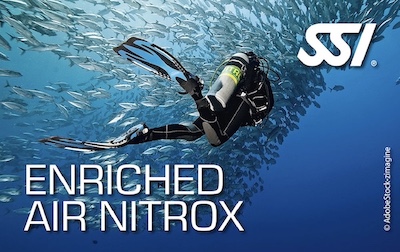
Nitrox
Learn to use enriched air to extend no-decompression limits.
Pros: Widely available, improves your safety margins.Cons: Not necessary for all locations.
Verdict: Highly recommended.
Best Taken After: Anytime
Advanced Skills: No
Taken: Yes

Night and Limited Visibility
Techniques for darkness or murky water.
Pros: Builds confidence in low visibility.Cons: Flashlight use is the main takeaway.
Verdict: Good if you plan to night dive often.
Best Taken After: A few dives
Advanced Skills: No
Taken: Yes

Navigation
Compass use and underwater navigation techniques.
Pros: Makes you a more independent diver.Cons: Compass skills can be self-taught if you already practice.
Verdict: Very useful.
Best Taken After: A few dives
Advanced Skills: No
Taken: Yes

Deep Diving
Gas management and safety beyond 60 feet.
Pros: Usually required for AOW.Cons: Some courses are light on practice.
Verdict: Worth considering.
Best Taken After: 20+ dives
Advanced Skills: No
Taken: Yes

Oxygen Provider
How to administer emergency oxygen.
Pros: Essential for emergency preparedness.Cons: Not needed unless you plan to assist with emergencies.
Verdict: Good for rescue divers.
Best Taken After: Anytime
Advanced Skills: No
Taken: Yes

CPR / AED
CPR techniques and AED operation.
Pros: Critical life saving skill.Cons: Not dive specific, but useful.
Verdict: Take it.
Best Taken After: Anytime
Advanced Skills: No
Taken: Yes

Rescue Diver
Self rescue, assisting distressed divers, emergency scenarios.
Pros: Real world emergency response and diver recovery.Cons: Physically demanding for some.
Verdict: A must take course.
Best Taken After: 50+ dives
Advanced Skills: Yes
Taken: Yes

Science of Diving
Physics, physiology, and decompression theory.
Pros: Strong foundation in dive science.Cons: Not hands on.
Verdict: Highly recommended.
Best Taken After: Anytime
Advanced Skills: No
Taken: Yes
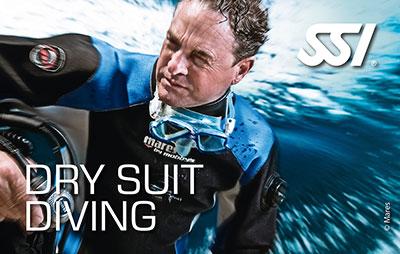
Drysuit
Drysuit buoyancy control and thermal management.
Pros: Essential for cold water safety.Cons: Requires drysuit ownership or rental.
Verdict: Take if diving cold water.
Best Taken After: A few dives
Advanced Skills: No
Taken: Yes
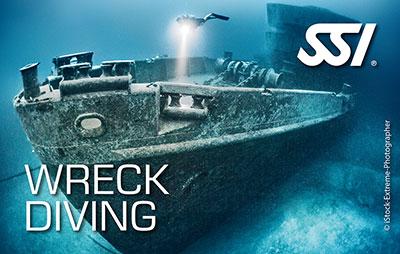
Wreck - Limited Penetration
Basic limited penetration and line handling.
Pros: Intro to wreck diving and reel use.Cons: Not full wreck penetration training.
Verdict: Great if you want to dive wrecks.
Best Taken After: 50+ dives
Advanced Skills: Yes
Taken: Yes
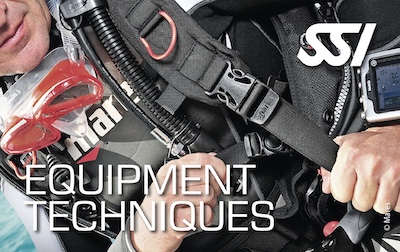
Equipment Specialist
Basic maintenance and troubleshooting.
Pros: Covers gear maintenance and repair.Cons: Often repeats Open Water material.
Verdict: Not necessary.
Best Taken After: Anytime
Advanced Skills: No
Taken: Yes

Search and Recovery
Search patterns and lift bag use.
Pros: Useful for finding lost objects and underwater work.Cons: Limited use for many divers.
Verdict: Worth considering.
Best Taken After: A few dives
Advanced Skills: No
Taken: No
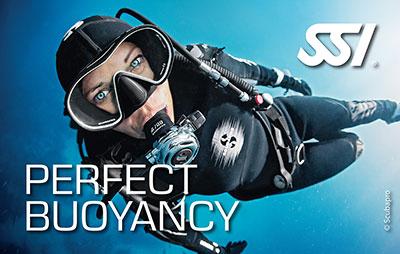
Advanced or Peak Performance Buoyancy
Trim, weighting, and precision buoyancy.
Pros: Improves control and air use.Cons: Depends heavily on instructor skill.
Verdict: Consider GUE Fundies instead.
Best Taken After: 20+ dives
Advanced Skills: No
Taken: No

Altitude Diving
How altitude affects tables and decompression.
Pros: Explains pressure changes at altitude.Cons: Rarely needed for most divers.
Verdict: Skip unless diving altitude often.
Best Taken After: Anytime
Advanced Skills: No
Taken: No

Boat Diving
Boat diving procedures and etiquette.
Pros: Entry and exit procedures.Cons: Most of this is learned on your first charter.
Verdict: Skip and read a guide instead.
Best Taken After: Anytime
Advanced Skills: No
Taken: No

Computer Diving
Basic use of dive computers.
Pros: Teaches computer functions.Cons: Better to read the manual for your model.
Verdict: Not worth the cost.
Best Taken After: Anytime
Advanced Skills: No
Taken: No

Photo and Video
Fundamental techniques for underwater imaging.
Pros: Basics of underwater imaging.Cons: Free online resources can be better.
Verdict: Skip unless taught by a real photographer.
Best Taken After: Anytime
Advanced Skills: No
Taken: No

Drift Diving
Managing currents and drift procedures.
Pros: Covers drift techniques and signals.Cons: Often common sense plus briefing notes.
Verdict: Not necessary for most.
Best Taken After: Anytime
Advanced Skills: No
Taken: No

Various Ecology Programs
Overview of conservation and awareness.
Pros: Introduces marine conservation topics.Cons: Easy to learn online for free.
Verdict: Skip unless part of a larger project.
Best Taken After: Anytime
Advanced Skills: No
Taken: No
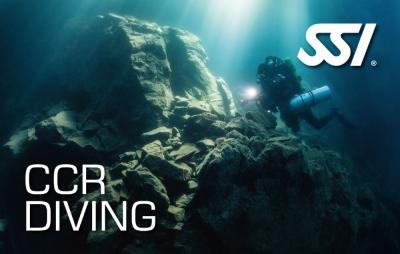
Closed Circuit Rebreather
Rebreather function, maintenance, and failures.
Pros: Greatly extends dive time.Cons: Extremely complex and costly.
Verdict: Not for recreational paths.
Best Taken After: Extensive experience / 200+ dives
Advanced Skills: Yes
Taken: No

Solo or Self-Reliant Diver
Diving without a buddy and redundancy planning.
Pros: Focus on redundancy and self sufficiency.Cons: Not suitable for all divers or sites.
Verdict: Situational only.
Best Taken After: Rescue Diver
Advanced Skills: Yes
Taken: No

Ice Diving
Under-ice procedures and team roles.
Pros: Under-ice safety and coordination.Cons: Specialized gear and logistics.
Verdict: Take only if ice diving is your goal.
Best Taken After: Drysuit
Advanced Skills: Yes
Taken: No
What About Advanced Open Water?
Advanced Open Water (AOW) is a certification level, not a single skills course. It is often presented as the next step after Open Water, but it mostly consists of short sampler dives in different specialties. Instead of AOW, take full specialty classes that actually build the skills in depth.